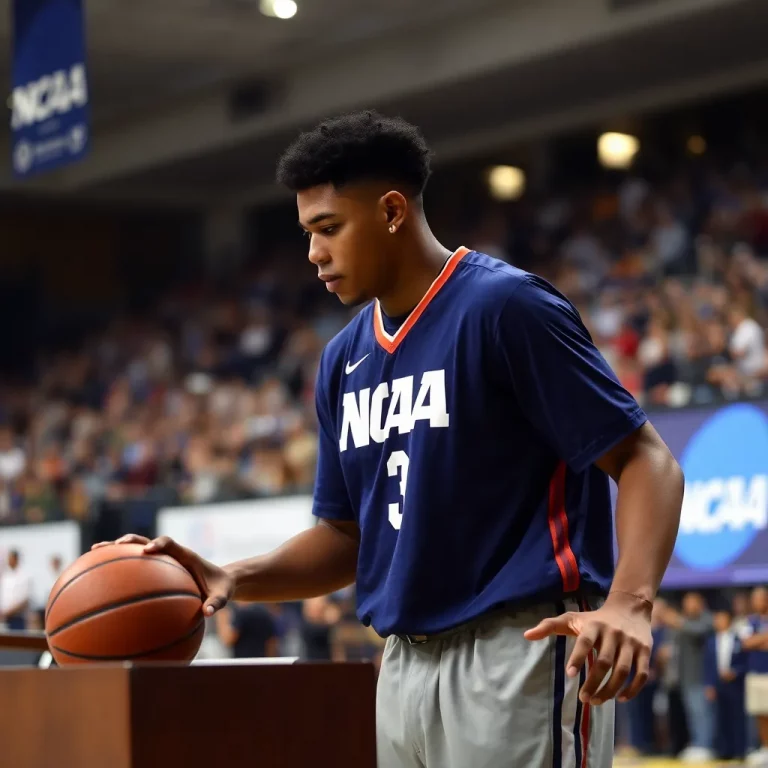In a landmark decision for college sports, a federal judge in California granted final approval to the House v. NCAA settlement on Friday. This pivotal ruling is set to reshape the landscape of college athletics by allowing schools to directly pay college athletes for the first time. The settlement resolves several antitrust cases against the NCAA, paving the way for a new era in which athletic departments can distribute approximately $20.5 million in name, image, and likeness (NIL) revenue to athletes starting in the 2025-26 season.
Prior to this agreement, athletes were restricted to earning NIL compensation only through external parties, often relying on donor collectives that played a crucial role in recruiting. The NCAA and its major conferences, including the ACC, Big 12, Big Ten, Pac-12, and SEC, were also ordered to pay nearly $2.8 billion in damages to Division I athletes who were previously prohibited from signing NIL deals, with payments stretching over ten years.
Beginning July 1, universities can start sharing revenue directly with athletes. NCAA President Charlie Baker described the approval as “a new beginning for Division I student-athletes and for the NCAA,” aiming to stabilize college sports. Judge Claudia Wilken, who has been key in previous rulings against the NCAA, confirmed the settlement about a year after initial agreements were made.
The settlement emerged from a class action case initiated by former athletes Grant House and Sedona Prince in June 2020. Their challenge held the NCAA accountable for its policies against compensating athletes for the commercial use of their NIL rights. Over time, the combined cases prompted a settlement, avoiding a potentially costly trial.
Despite some objections regarding new restrictions on team rosters and increase in scholarships, the settlement includes provisions that protect athletes who might lose their roster spots due to the changes. Notably, the agreement introduces a system where outside NIL deals exceeding $600 require validation to prevent exploitation.
This drastic shift focuses on providing more financial benefits to student-athletes than ever before, expanding opportunities for individuals in college sports. While this approval marks a historic milestone, the NCAA continues to face legal challenges, indicating that the pursuit of athlete compensation is an evolving debate within college athletics.


